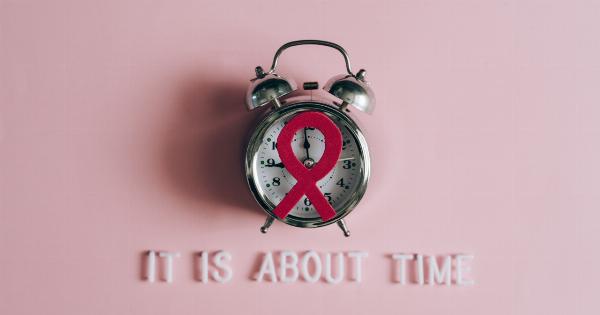Ebola virus is one of the deadliest microorganisms people have ever encountered. This virus first appeared in 1976 in two simultaneous outbreaks – one in Nzara, Sudan, and the other in Yambuku, Democratic Republic of Congo.
Since then, several outbreaks have occurred in different parts of Africa. The 2014 Ebola outbreak in West Africa was the most significant outbreak in history, causing over 11,000 deaths. During such outbreaks, misinformation can easily spread, causing panic and unwarranted fear.
What is Ebola?
Ebola is a highly contagious viral illness caused by the Ebola virus. The virus belongs to the Filoviridae family, which also includes the Marburg virus. The Ebola virus is transmitted to humans through contact with wild animals infected with the virus.
Once the virus enters the human body, it spreads quickly and can cause severe illness and death.
How is Ebola spread?
Ebola is primarily spread through close contact with an infected person’s bodily fluids, such as blood, urine, feces, vomit, sweat, and semen.
It can also be spread through contact with objects that have been contaminated with the virus, such as clothing, bedding, or medical equipment. The virus can enter the body through broken skin or mucous membranes, such as the eyes, nose, or mouth.
Can Ebola be spread through sneezing?
There is currently no evidence to suggest that Ebola can be spread through sneezing or coughing. Ebola is not an airborne virus, like the common cold or flu. It does not spread through the air by coughing or sneezing.
Instead, Ebola is spread through close contact with an infected person’s bodily fluids, as mentioned earlier.
How can we prevent the spread of Ebola?
Preventing the spread of Ebola requires taking preventive measures, such as washing hands regularly, avoiding close contact with infected people, avoiding contact with wild animals, and wearing protective clothing, such as gloves and masks, when caring for an infected person. Medical professionals must follow strict infection prevention and control measures, such as wearing personal protective equipment, to prevent the spread of the virus in healthcare settings.
Infected individuals must be isolated, and their bodily fluids must be handled with extreme care.
What are the symptoms of Ebola?
The symptoms of Ebola typically begin to appear within two to 21 days of infection. The symptoms include fever, headache, muscle pain, weakness, fatigue, diarrhea, vomiting, abdominal pain, and unexplained bleeding or bruising.
If you experience any of these symptoms and you have been in close contact with someone who has Ebola, seek medical attention immediately. If you have traveled to a region with an ongoing Ebola outbreak, seek medical attention if you develop any symptoms within three weeks of returning home.
The bottom line
Ebola is a severe illness that requires immediate medical attention. However, it is not spread through sneezing or coughing.
To prevent the spread of Ebola, take preventive measures and follow strict infection prevention and control procedures in healthcare settings. Seek medical attention if you have traveled to a region with an ongoing Ebola outbreak and develop any symptoms within three weeks of returning home.





















